{"article":{"id":"2221329","title":"Russia will take strong action against the dissemination of harmful 'garbage' content","description":"The Russian State Duma (Lower House) will introduce strict restrictions on harmful 'garbage' online content, especially online violence.","contentObject":"
In early December 2023, the Russian State Duma will present details of a package of bills aimed at combating 'garbage' online content, especially live streams involving violence.
\nThe initiative will include changes to the Penal Code, the Code of Administrative Violations, as well as the Code on Information and Child Protection.
\nThe proposal to criminalize 'trash' live streaming was introduced in response to a recent apparent increase in live streaming incidents involving violent acts in Russia, including recent incidents involving prominent Russian bloggers .
\nThe proposed bill considers the broadcasting of prohibited content publicly on media and the Internet as an aggravating circumstance.
\nIncreased penalties for the most common violations by those spreading 'spam' content are also specifically mentioned.
\nThe initiative proposes to amend the Code of Administrative Violations to prescribe penalties for the act of disseminating content related to violence on the Internet.
\nResponsibility for violations will fall on social network owners, forcing them to proactively take measures to control and prevent the spread of harmful content.
\nArtem Metelev, one of the authors of the bill, stressed that harmful 'garbage' content often attracts millions of views and can negatively influence young people, giving them a distorted view of social norms and ethics.
\nMeanwhile, some independent lawyers expressed concern that the changes would increase budget costs for law enforcement agencies.
\nThe draft law has now received support from representatives of political parties, the Government Legislative Affairs Committee and the Supreme Court, but a number of technical and implementation issues will need to be thoroughly resolved before the law officially comes into effect.
\n(according to Securitylab)
\nRussia stops subsidies for large businesses that do not apply artificial intelligence
\nRussia applies digital ruble to payment activities
\nRussia successfully developed nanopolymer to prevent the growth of cancer tumors
\nRussia offers rewards to 'white hat hackers' to patch cybersecurity vulnerabilities
\nRussia develops information security system, new anti-virus super software
\nRussia's State Duma (lower house) will introduce strict restrictions on harmful 'garbage' online content, especially online violence.
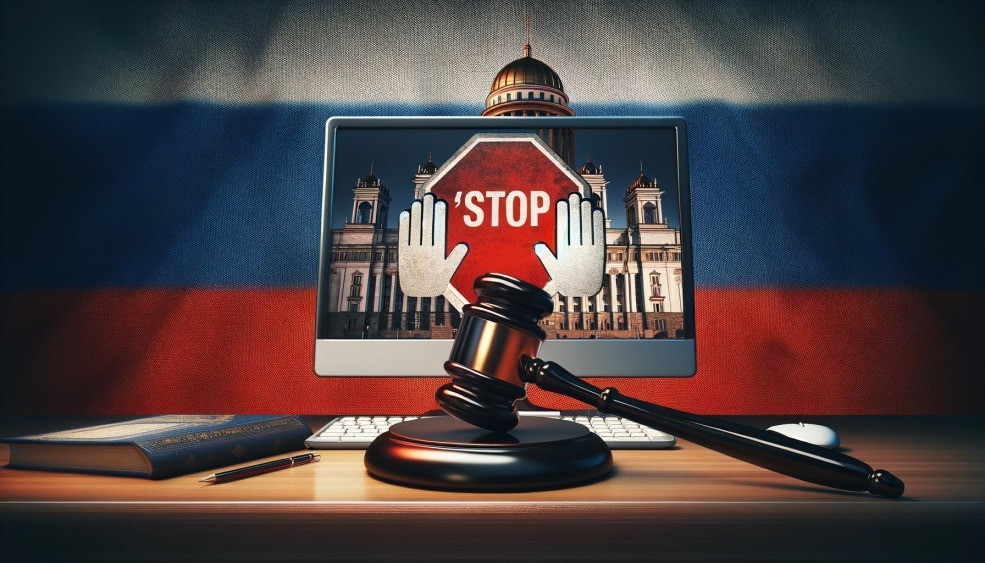
In early December 2023, the Russian State Duma will present details of a package of bills aimed at combating 'garbage' online content, especially live streams involving violence.
The initiative will include changes to the Criminal Code, the Code of Administrative Offences, as well as the Code on Information and Child Protection.
The proposal to criminalize 'trash' live streaming was introduced in response to a recent apparent increase in live streaming incidents involving violent acts in Russia, including recent incidents involving prominent Russian bloggers .
The proposed bill considers the broadcasting of prohibited content publicly on media and the Internet as an aggravating circumstance.
Increased penalties for the most common violations by those spreading 'spam' content are also specifically mentioned.
The initiative proposes to amend the Code of Administrative Violations to prescribe penalties for the act of disseminating content related to violence on the Internet.
Responsibility for violations will fall on social network owners, forcing them to proactively take measures to control and prevent the spread of harmful content.
Artem Metelev, one of the authors of the bill, stressed that harmful 'garbage' content often attracts millions of views and can negatively influence young people, giving them a distorted view of social norms and ethics.
Meanwhile, some independent lawyers expressed concern that the changes would increase budget costs for law enforcement agencies.
The draft law has now received support from representatives of political parties, the Government Legislative Affairs Committee and the Supreme Court, but a number of technical and implementation issues will need to be thoroughly resolved before the law officially comes into effect.
(according to Securitylab)

Russia stops subsidies for large businesses that do not apply artificial intelligence
From 2024, Russia will begin applying a limited policy, only subsidizing budgets for large companies that apply artificial intelligence (AI) technology in their operations.

Russia applies digital ruble to payment activities
The Ministry of Finance and the Central Bank of Russia have decided to test the digital ruble in some budget expenditures in 2024.

Russia successfully developed nanopolymer to prevent the growth of cancer tumors
Nanopolymer particles with microscopic structures will directly affect cancer-causing genes inside cells and prevent the growth of tumors.

Russia offers rewards to 'white hat hackers' to patch cybersecurity vulnerabilities
Rewards of up to 1 million rubles (about 11,000 USD) will be given to those who find particularly important security holes in the information portals of a number of state agencies.

Russia develops information security system, new anti-virus super software
Deputy Minister of Digital Development, Communications and Mass Communications of the Russian Federation Alexander Shoitov announced the development of a new information security system, a free national super antivirus.
Source



![[Photo] Many dykes in Bac Ninh were eroded after the circulation of storm No. 11](https://vphoto.vietnam.vn/thumb/1200x675/vietnam/resource/IMAGE/2025/10/15/1760537802647_1-7384-jpg.webp)
![[Photo] General Secretary To Lam attends the 18th Hanoi Party Congress, term 2025-2030](https://vphoto.vietnam.vn/thumb/1200x675/vietnam/resource/IMAGE/2025/10/16/1760581023342_cover-0367-jpg.webp)

![[Photo] Conference of the Government Party Committee Standing Committee and the National Assembly Party Committee Standing Committee on the 10th Session, 15th National Assembly](https://vphoto.vietnam.vn/thumb/1200x675/vietnam/resource/IMAGE/2025/10/15/1760543205375_dsc-7128-jpg.webp)











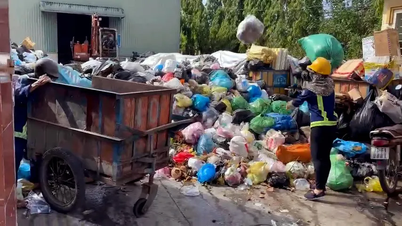


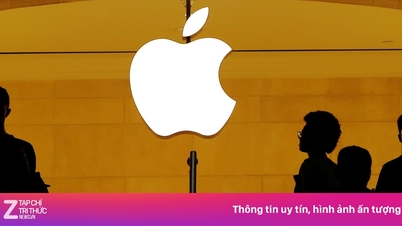


















![[Video] TripAdvisor honors many famous attractions of Ninh Binh](https://vphoto.vietnam.vn/thumb/402x226/vietnam/resource/IMAGE/2025/10/16/1760574721908_vinh-danh-ninh-binh-7368-jpg.webp)











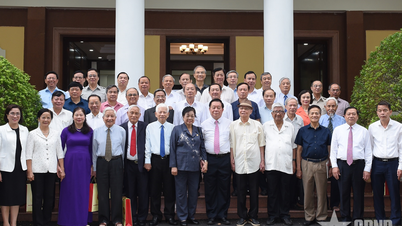








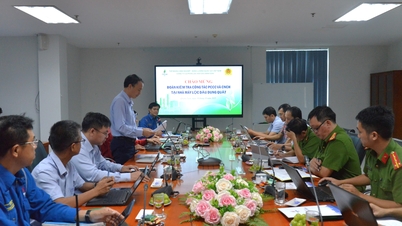








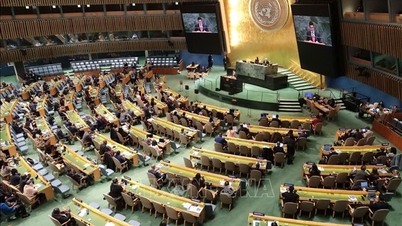

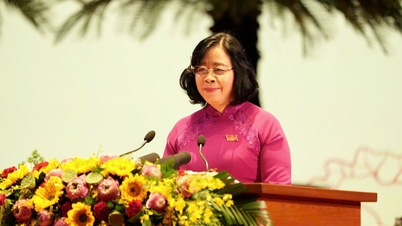





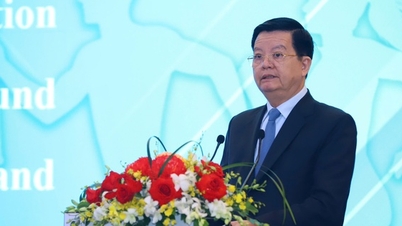

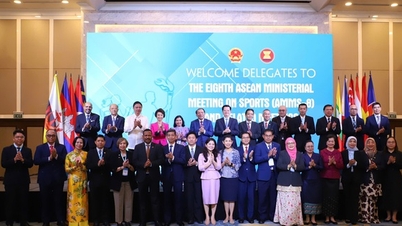


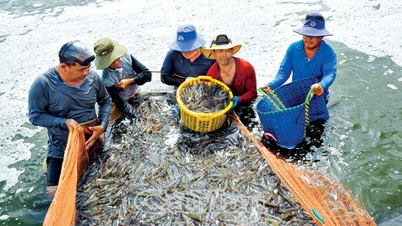
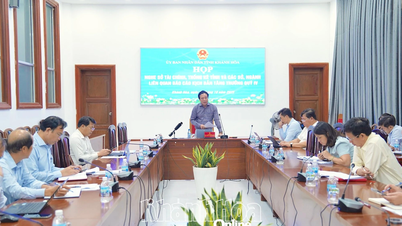





















Comment (0)